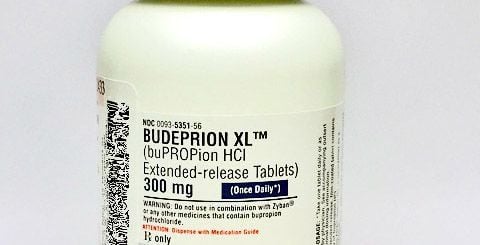This is an automatically translated article.
Heart attacks occur when plaque in the arteries prevents vital nutrients and oxygen from reaching the heart. One study found that the risk of a heart attack increases after the loss of a loved one. Losing a loved one can literally and figuratively break your heart.
1. The link between the risk of a heart attack and the pain of losing a loved one
A new study finds that people grieving the death of a loved one have a higher risk of having a heart attack in the days immediately after the loss and for up to a month afterward. The researchers say this is the first time they have looked at how a bereavement event affects heart attack risk in a grieving person . The study also identified the time period most vulnerable to bereavement's cardiovascular health.
The study enrolled nearly 2000 people hospitalized for feeling a heart attack between 1989 and 1994. After reviewing the charts and interviewing men and women with an average age of 61, 270 of them They said they had just experienced the pain of losing someone important in the past six months and leading to a heart attack. Nineteen people in the study said they had lost a loved one the day before they felt a heart attack. Furthermore, 15 of these 19 had no history of heart attack.
After the death of a loved one, researchers found that your risk of a heart attack:
21 times higher than normal in the first day Almost 6 times higher than normal in the first week gradually during the first month.
2. Why does grief increase heart attack risk?
Based on the death of a loved one as a reason for a heart attack, the researchers hypothesized that emotional stress caused by grief, including anger, anxiety, and depression, could all be possible affect the heart.
When the body secretes more stress-related hormones; Heart rate, blood pressure, and risk of blood clots all increase. Furthermore, after losing someone they care about, people tend to sleep and eat less, maybe even smoke more, and forget to take their daily medication. These are some of the reasons why people who are experiencing pain are at a much higher risk of having a heart attack.
According to one researcher, friends and family of the bereaved should actively provide emotional support to help prevent such incidents, especially during the early stages of bereavement grieving.

Đau buồn làm tăng nguy cơ đau tim
3. When long-term grief leads to depression
Some studies have also shown that people with depression develop heart disease at a higher rate than the general population. This mental condition can lead to a number of changes in the body that increase the risk of developing heart disease or having a heart attack. Too much stress and/or frequent grief both raise your blood pressure.
In addition, depression also increases levels of C-reactive protein (CRP). This is an indicator of inflammation in the body. Higher-than-normal CRP levels have also been shown to predict heart disease.
This mental illness can also reduce your interest in daily activities, including good habits like exercise to help prevent heart disease. At the same time, other unhealthy behaviors are very likely to occur when a person is grieving, such as:
Not taking prescribed medications Not eating a healthy diet Drinking too much alcohol Smoking cigarettes. See a psychologist if you suspect you may be depressed. Professional help can help you get back to good health and reduce the chance of problems reoccurring.
Heart disease, heart attack and stroke are dangerous but can be prevented in many cases. Maintaining a heart-healthy lifestyle is very beneficial for everyone, especially those who are at high risk of heart attack due to grief or loss. You can prevent heart disease by exercising regularly, eating a healthy diet, maintaining a healthy weight, reducing stress, and quitting smoking and alcohol.
Whether 20 or 60 years old, everyone should have an annual physical exam to detect abnormalities and assess risk factors for heart attack, as well as receive instructions from their doctor about warning signs and prescriptions. The menu of functional foods is suitable to protect the heart.
Follow Vinmec International General Hospital website to get more health, nutrition and beauty information to protect the health of yourself and your loved ones in your family.
Please dial HOTLINE for more information or register for an appointment HERE. Download MyVinmec app to make appointments faster and to manage your bookings easily.
References: webmd.com ,medicinenet.com, healthline.com













